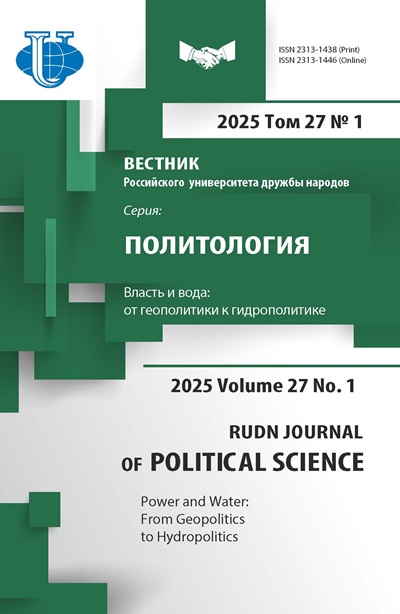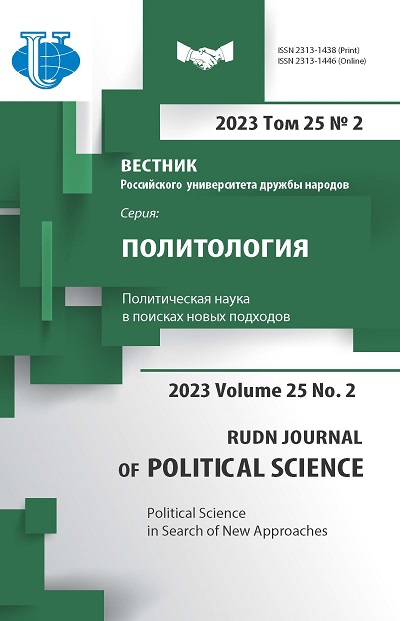Heuristic Potential of Applying the Assessment Index to Regional Public Programs in the Field of Youth Policy
- Authors: Kalashnikova S.K.1,2, Andriiv I.I.1,2
-
Affiliations:
- Institute of Scientific Information for Social Sciences of the RAS
- St. Petersburg State University
- Issue: Vol 25, No 2 (2023): Political Science in Search of New Approaches
- Pages: 486-499
- Section: YOUTH IN POLITICS: METHODS OF STUDYING
- URL: https://journals.rudn.ru/political-science/article/view/35164
- DOI: https://doi.org/10.22363/2313-1438-2023-25-2-486-499
- EDN: https://elibrary.ru/QJHIPF
Cite item
















